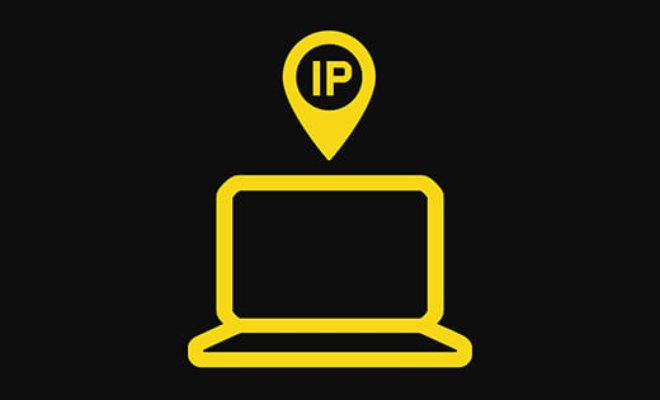What Is a Static IP Address?

In the world of computer networking, IP addresses are essential for devices to communicate with one another. An IP address is a unique identifier assigned to every device connected to a network, which allows the devices to exchange information with one another. There are two types of IP addresses, dynamic and static. In this article, we’ll explore what a static IP address is and how it differs from a dynamic one.
What is a Static IP Address?
A static IP address is a permanent internet address that is fixed and doesn’t change. It is manually assigned by a network administrator and remains the same every time the device connects to the network. A static IP address can be assigned to any device that needs a permanent and unchanging connection to the internet, such as servers, routers, or printers.
How Does a Static IP Address Work?
When a device connects to a network, it is assigned an IP address by a Dynamic Host Configuration Protocol (DHCP) server. This is known as a dynamic IP address, and it changes each time the device reconnects to the network. Unlike a dynamic IP address, a static IP address is manually assigned to a device by the network administrator, making it a fixed and permanent internet address for that device. This means that the device will always have the same IP address, even if it disconnects and reconnects to the network.
Benefits of a Static IP Address
There are several benefits to using a static IP address. Here are just a few:
1. Accessibility: With a static IP address, remote access to a device is simplified. This is especially helpful for remote workers who need to access their work computers from outside the office.
2. Server Hosting: A static IP address is ideal for hosting servers, as it allows users to connect to the server from anywhere in the world. Since the IP address does not change, users can always find and connect to the server.
3. Stable Connection: A device with a static IP address is always connected to the internet, even when it is not actively transmitting data. This is important for devices that provide services continuously, such as servers.
Wrap Up
In conclusion, a static IP address is a permanent internet address that is manually assigned by a network administrator. Unlike dynamic IP addresses which change every time a device connects to the network, a static IP will always remain the same. There are many benefits to using a static IP address, including accessibility, server hosting, and stable connections. If you have a device that requires a fixed internet address, then a static IP address is the way to go.






